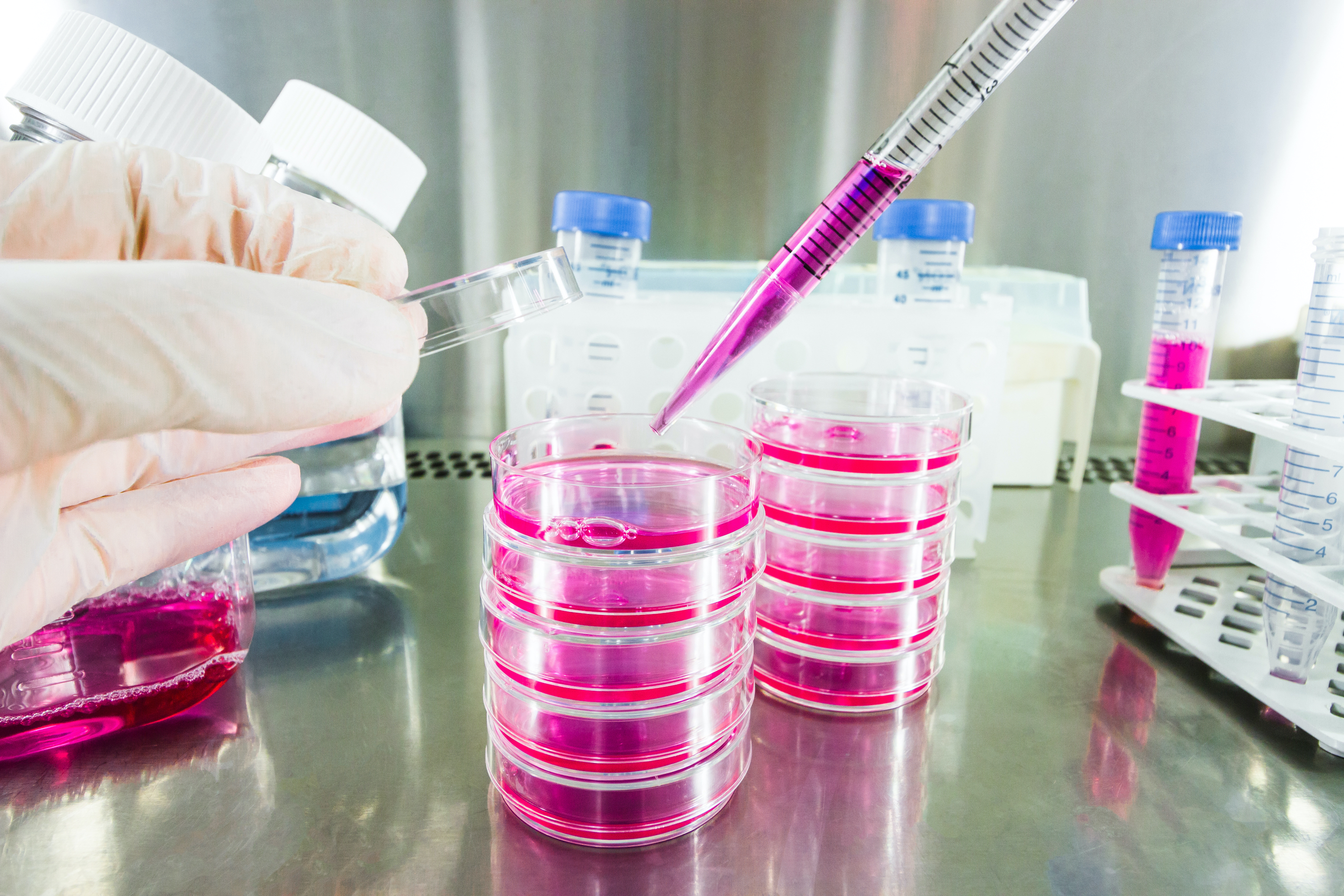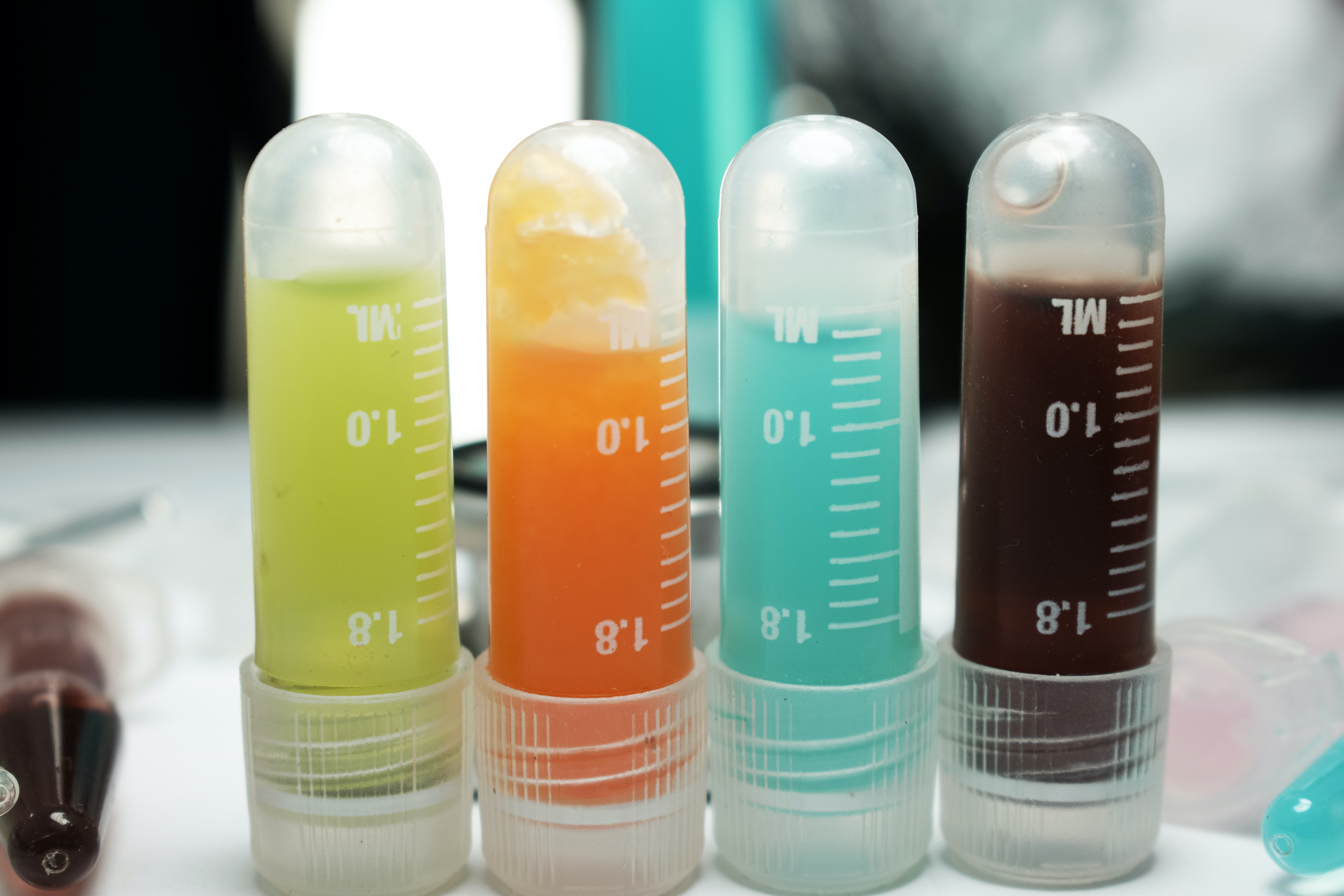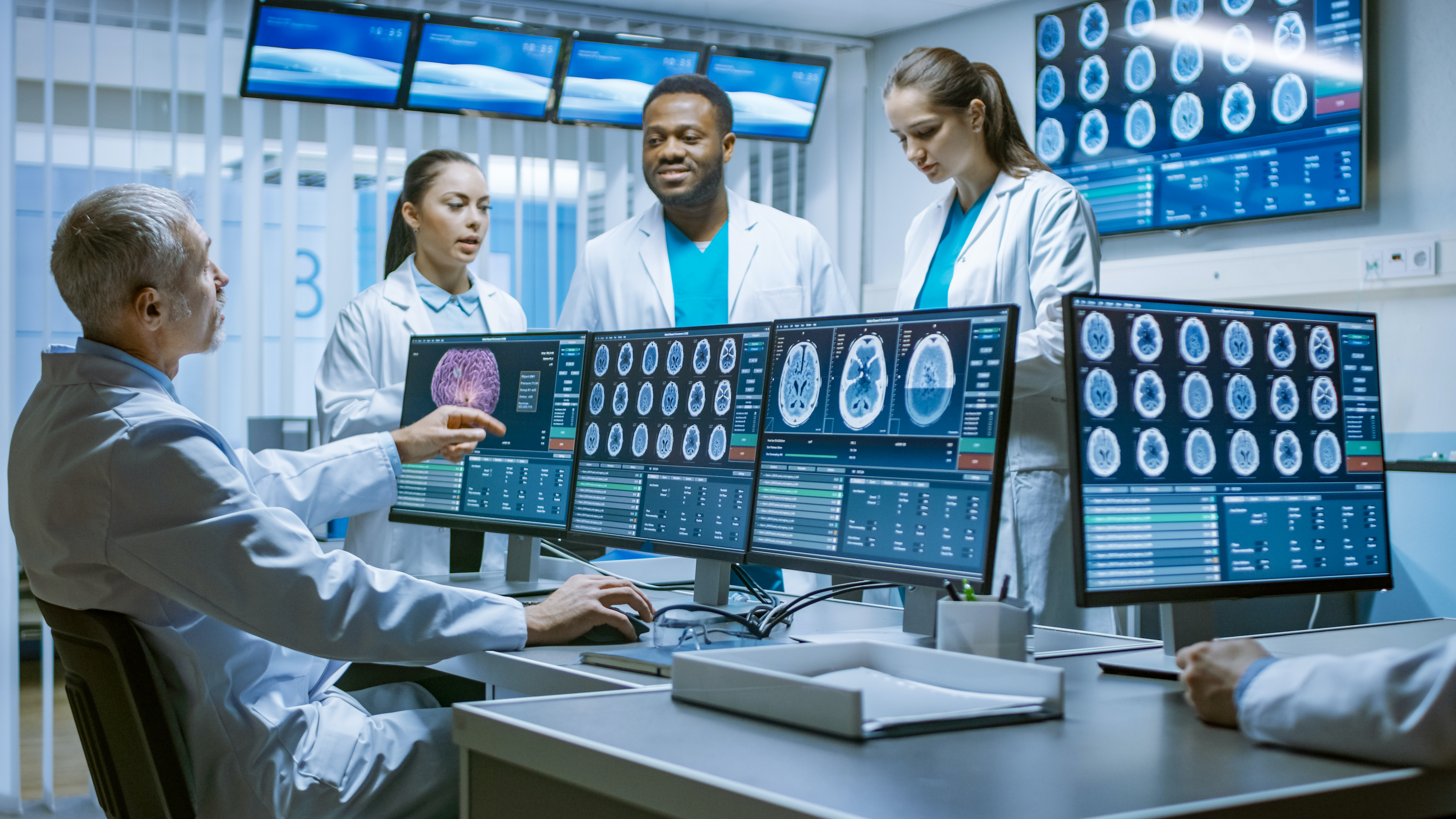‘What is a tumour driver?’ This has been, and still is, the challenge of cancer research. Once we have the driver, the other challenge is can we make a drug against this driver? It’s not always easy. Some proteins – proteins are the drivers – have enzymatic activity; in this case, we go to an organic chemist and they recommend a chemical that will inhibit the protein growth. Some drivers, however, don’t have enzymatic activity, and it’s very difficult to find a drug for this type of driver.
Albert Tauler
On being a cancer researcher
Albert Tauler, Professor of Molecular Biology and Biochemistry at the University of Barcelona, describes the joys and challenges of cancer research.Key Points
- • Even if there is a bad result, a result that we do not want, in the end, you learn. So, for a scientist, a bad result is a good result.
- • For cancer researchers, it’s important to be working in a cancer hospital so you are in contact with clinical doctors.
- • Collaborating with people who might have a different background, as well as a different perspective, is essential to cancer research.
Inhibiting the driver

Photo by Catalin Rusnac
Cells respond in unexpected ways
Sometimes we have the driver and we have the drug, but the cell responds in an unexpected way. For example, let’s imagine that our cell is a balloon that has air inside it. This balloon has a small hole, and through it, all the air disappears. We try to stop the air from disappearing by putting a finger over it, but there is still air in the balloon and, inevitably, another hole appears. So, you put another finger over it, but the same problem happens again. With cancer, sometimes you stop a driver, but you activate another one which you didn’t see there. One of the challenges that we therefore have is that, sometimes, stopping one or two or three different drivers is not enough to stop the growth of a cancer cell.
Combining therapies

Photo by CI Photos
With immunotherapy, we might not be able to stop the growth of the cancer cell, but we can tell the immune system to kill it, without finding out what the driver is. The new cancer therapy will be a combination of immunotherapy and the new approach to therapy, which consists of trying to find the driver. This is the current challenge in cancer therapy.
Success in science
For me, the definition of success is to continue working. You could say that success is getting good results, discovering something. But when you get a good result, there are many questions that follow. Even if there is a bad result, a result that we do not want, in the end, you learn. So, for a scientist, a bad result is a good result. Perhaps for the institution that you are working with, this is not the case. As a scientist, I appreciate it when a colleague of mine says, “Albert, don’t go in that direction because it’s wrong”, because it means that I can change and dedicate my time to other things that can be more successful.
Working in a team
I feel very privileged to be working in research for a disease that affects so many people. One sixth of the human population will die of this disease, and in twenty years it’ll be one third of the population. That’s a lot of people. So, investing money in cancer research, and continuing to work in this field, is a social event.
I always say that in research it’s essential to work as a team. Cancer is a multifactorial disease. You can focus on apoptosis or on proliferation; you can focus on organic chemistry, because you need organic chemists to design drugs. You also have to work with clinical doctors. What’s important is being in an atmosphere that collects knowledge from different fields, with people working together with the same aim: in this case, finding the cure for cancer. I want to highlight the potential of collaboration, not only with people who think in the same way as you, but with people who can see the problem in a different way to you.
Collaboration is key

Photo by Gorodenkoff
For cancer researchers, it’s important to be working in a cancer hospital so you are in contact with clinical doctors, who will tell you what they really need. Being in a place where there is fluid communication is a great advantage. I am working with PIs from America: George Thomas was the guy who identified rapamycin as a target. Sarah Cothmar, Antonio Centinela, people from the United States, from Belgium, from Italy – we are all together in the same lab; people with different mentalities, from different nationalities, collaborating. Science doesn’t have a house. Science is all over the world. And we are very open to sharing our knowledge with everyone. This, for me, is the best thing about science.
Discover more about
Cancer research
Cortes, C. L., Veiga, S. R., Almacellas, E., et al. (2016). Effect of low doses of actinomycin D on neuroblastoma cell lines. Molecular Cancer, 15(1).
Meo-Evoli, N., Almacellas, E., Massucci, F. A., et al. (2015). V-ATPase: a master effector of E2F1-mediated lysosomal trafficking, mTORC1 activation and autophagy. Oncotarget, 6, 28057–28070.
About Albert Tauler
Discover more EXPs
Here's how we use cookies
To give you the best experience, we tailor our site to show the most relevant content and bring helpful offers to you.
You can update your preferences at any time, at the bottom of any page. Learn more about how your data is used in our cookie policy.